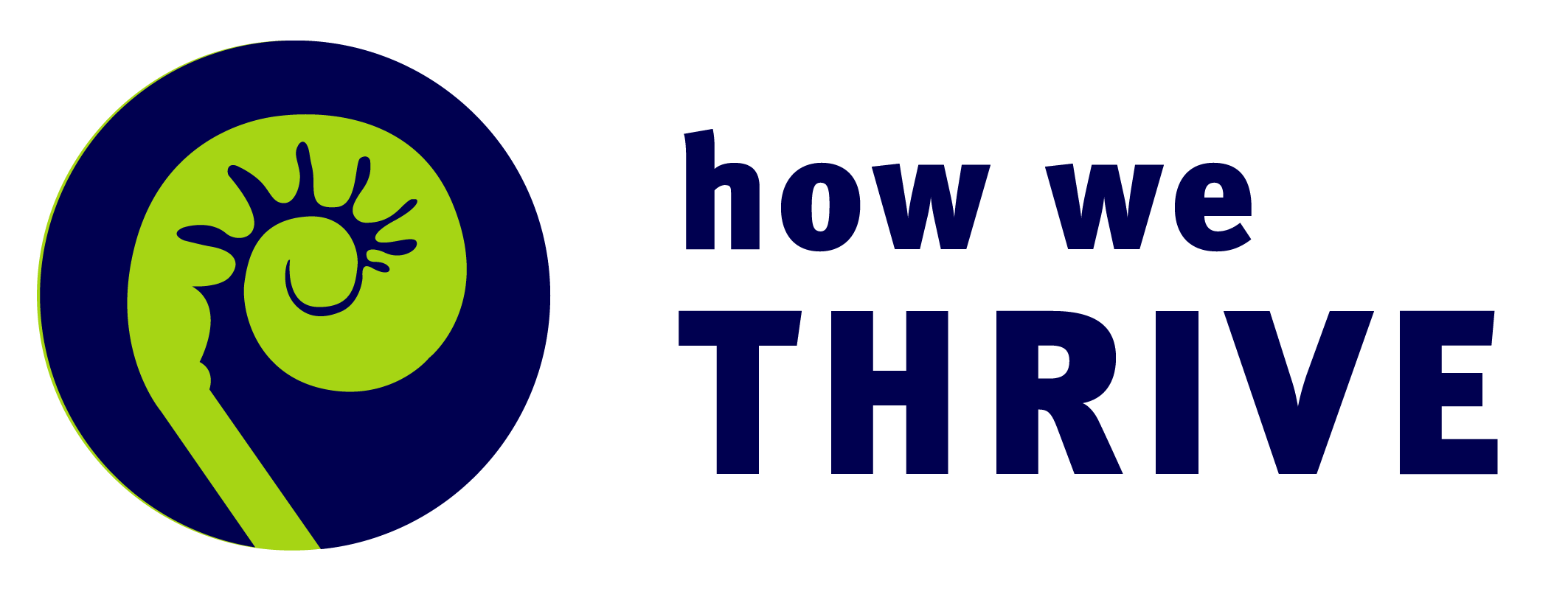Conscious use of power
How we relate, resist, collaborate and lead arises in part from our experiences with power. Power can be used as a harmful force, supporting division when it is used as a manifestation of systems of oppression. Power can also be wielded as a source of personal growth, spiritual connection and social transformation.
Conscious Use of Power offers a series of practices and conversations to deepen our understanding of the conflicts, polarization, and feelings caused by abuse of power and the resulting trauma. It is also an opportunity to explore the development of our social identities, both as people from marginalized or dominant groups. We offer practices to get us ‘unstuck’ and help us tap our identities as sources of both spiritual and psychological power as well as wounding. We believe these practices help free our capacity to hold difference and to consciously use all forms of power to support our own resourcing and communities’ empowerment.
During these sessions we will also explore 4 key lessons gathered from Inner Activist decade of work with social innovation practitioners, activists and organizers to do their work from the inside out.
1. Know that rage, too, comes from the heart.
2. Face spiritual estrangement.
3. Address trauma from systems.
4. Challenge individualism while honouring the individual.
Camille Dumond works as faculty with the InnerActivist and is a facilitator, somatic therapist, and conflict mediator who manages the Refugee Livelihood Lab at RADIUS/SFU. She grew up witnessing her mother, an Indo-Caribbean migrant, struggle to recreate belonging and economic autonomy in Canada, as well as the severe hardships faced by her extended family in Trinidad. These experiences motivate Camille to help create institutional platforms where equity-seeking communities can take action together to shape the systems that shape their lives. She worked in Mi’kma’ki (Nova Scotia) supporting solidarity through community building with the Tatamagouche Centre before moving to Coast Salish territories. She holds graduate degrees in Conflict Facilitation, Adult Education & Counselling Psychology. She is very interested in the process of shifting institutional practices towards centring the leadership of communities most impacted by systems of oppression.
Amanda Reddick is a highly trained and experienced facilitator and counsellor who provides consultation to community, private, and multi-level government organizations in the form of transformational Diversity, Equity, Inclusion and Anti-Racism programming. Amanda’s skill has been shaped by her work as the Regional Program Manager with the Canadian Centre for Diversity, her roles as Facilitator, Program Resource, Black Leadership Advisory and Program Designer with the Tatamagouche Training Centre, a National Facilitator for the Canadian Race Relations Foundations and has worked as an independent consultant with numerous organizations throughout Nova Scotia. Her educational background in Peace and Conflict Studies and Religious Studies inform and frame her anti-oppressive approach and analysis. For almost 20 years, she has been dedicated and moved towards helping to create supportive, caring yet challenging spaces to engage in the often sensitive and difficult conversations surrounding issues rooted in power, privilege and oppression. Amanda is also an internationally certified Dialogue for Peaceful Change (DPC) Mediator and Facilitator. She is a partner in Emerge International facilitation and conflict mediation services, and a member of Culture, Diversity and Equity Consulting.
Jorge Salazar came to Canada as a refugee from Colombia in late 2000. Jorge uses his own immigration journey, life experiences, training and education to bridge communities and facilitate positive change within government, organizations and grassroots groups. Jorge has been supporting connections between young people from diverse communities in B.C., Canada and the Americas for more than 15 years. He has worked with Immigrant Services Society of B.C., MOSAIC, the International Institute for Child Rights and Development–University of Victoria, City of Vancouver, the Ecumenical Task Force for Justice in the Americas and PeerNet BC. Most of the projects he is involved with are about opening spaces for inclusive facilitation and youth and community empowerment within an anti-oppression framework. He promotes strong community connections between diverse communities, particularly between indigenous, immigrants and refugees among others.



